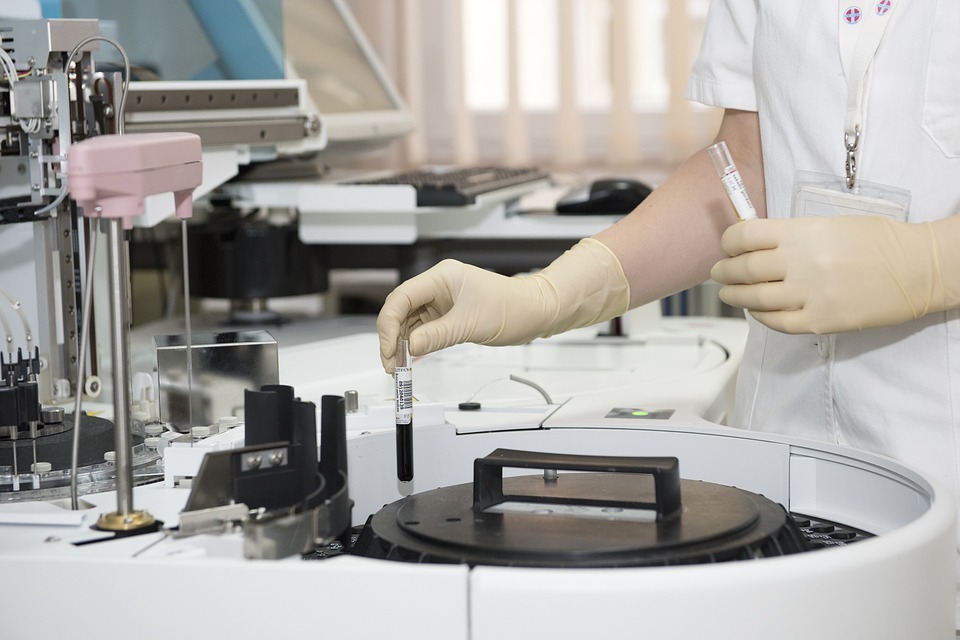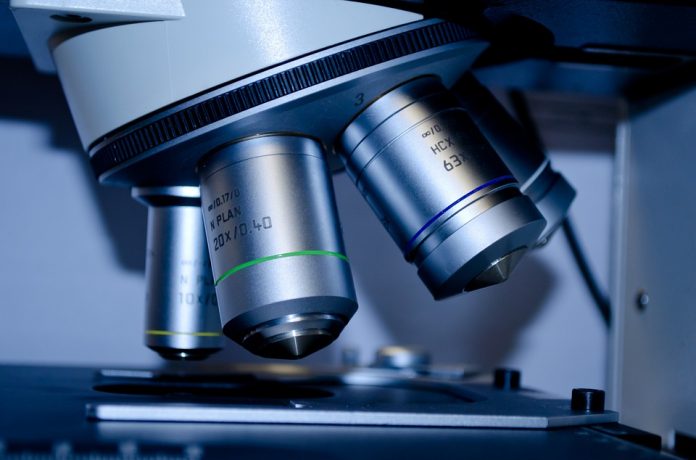Cancer, along with heart disease, is one of the biggest killers in the UK. It accounts for more than a quarter of all deaths.
But over the last forty years, cancer survival has doubled. This change can be attributed to a range of factors. Behaviors considered carcinogenic, like smoking, are on the wane. Moreover, a great proportion of the population is educated on the subject, and able to spot the warning signs more accurately.
But then, there’s the role of technology. Treatments are constantly being developed and refined. In the future, it’s thought that an eventual cure for cancer might come in the form of nanoparticles or some other hitherto-unimagined invention. But even now, our prospects are improving thanks to some seemingly mundane technological advancements.
Risk Factors
 One of the most important factors in the success of cancer treatment is the stage at which it’s identified. Cancer Research UK provides statistics which demonstrate the truth of this across a range of different cancers, from ovarian cancer to lung cancer. The earlier you start treatment, the better your chances.
One of the most important factors in the success of cancer treatment is the stage at which it’s identified. Cancer Research UK provides statistics which demonstrate the truth of this across a range of different cancers, from ovarian cancer to lung cancer. The earlier you start treatment, the better your chances.
In an ideal world, we’d all be examined regularly for signs. But this is neither practical (nor for many of us, desirable). And so we try to predict who is at the greatest risk and have them attend an examination. We already do this for factors like age: when women reach a certain age, they’re invited by the NHS to attend a cervical screening.
As a result of increasing digitization, we are able to collect and analyze ever-larger quantities of actionable data. We will be able to see more precisely than ever which factors correlate most strongly with incidences of cancer. This data can then inform who we screen, and how they are treated once the cancer is identified.
Administrative Assistance
 Every medical organization will spend a portion of its available resources on administration. For every penny spent on filing paperwork and inputting records, there’s a penny less to spend on treating patients. And with the population growing, this is a problem that’s unlikely to go away.
Every medical organization will spend a portion of its available resources on administration. For every penny spent on filing paperwork and inputting records, there’s a penny less to spend on treating patients. And with the population growing, this is a problem that’s unlikely to go away.
Technology which can lower the administrative burden will, therefore, improve the prospects of patients; not only those with cancer but everyone. Not only that, but a computer can often do the job of a human administrator far more effectively. Just consider an EPR system (that’s Electronic Patient Records), which allows medical staff to check patient records easily from a centralized database, and make changes which upload instantly.
Better Entertainment

Cancer patients often have to spend long periods in hospital, undergoing treatment. Anything that can be done to make the stay more comfortable, then, should be welcomed. By providing patients with the chance to browse the internet and watch their choice of films and television, we can take some of the edges of that hospital ordeal!
























